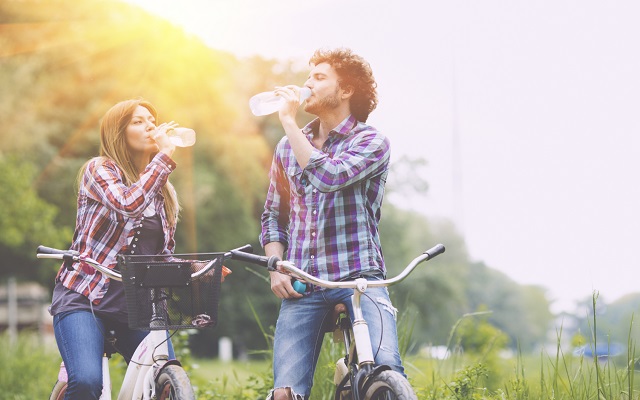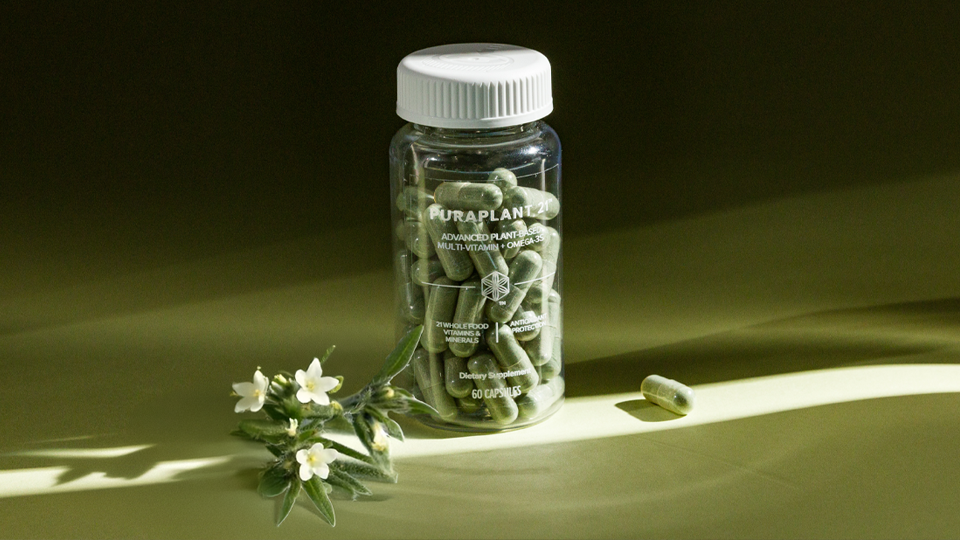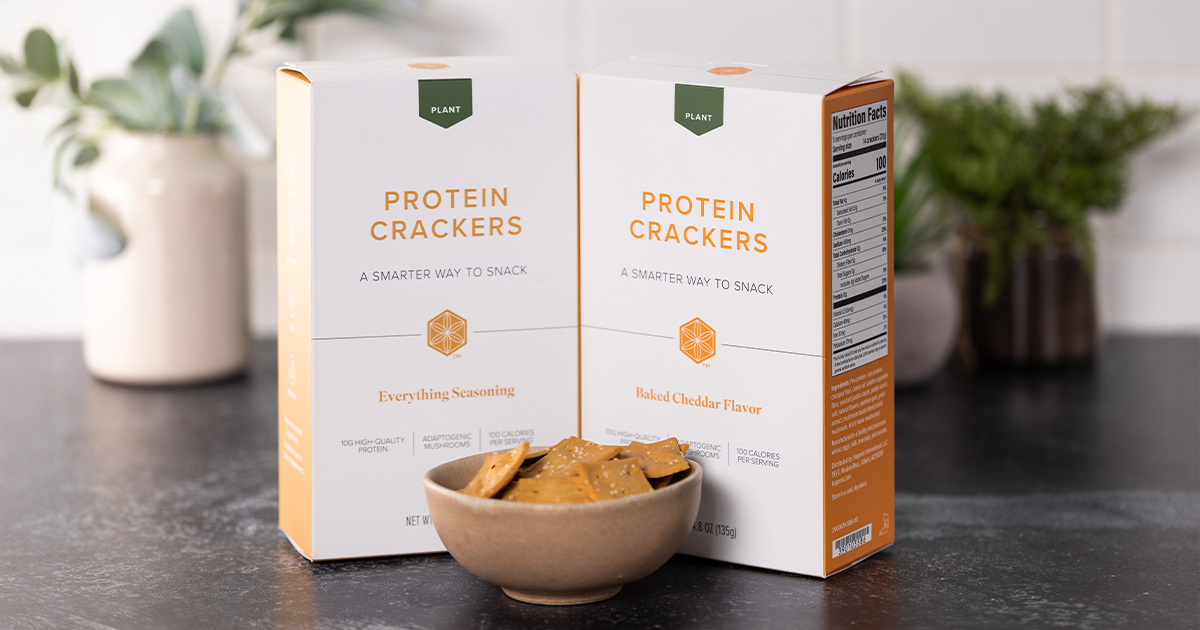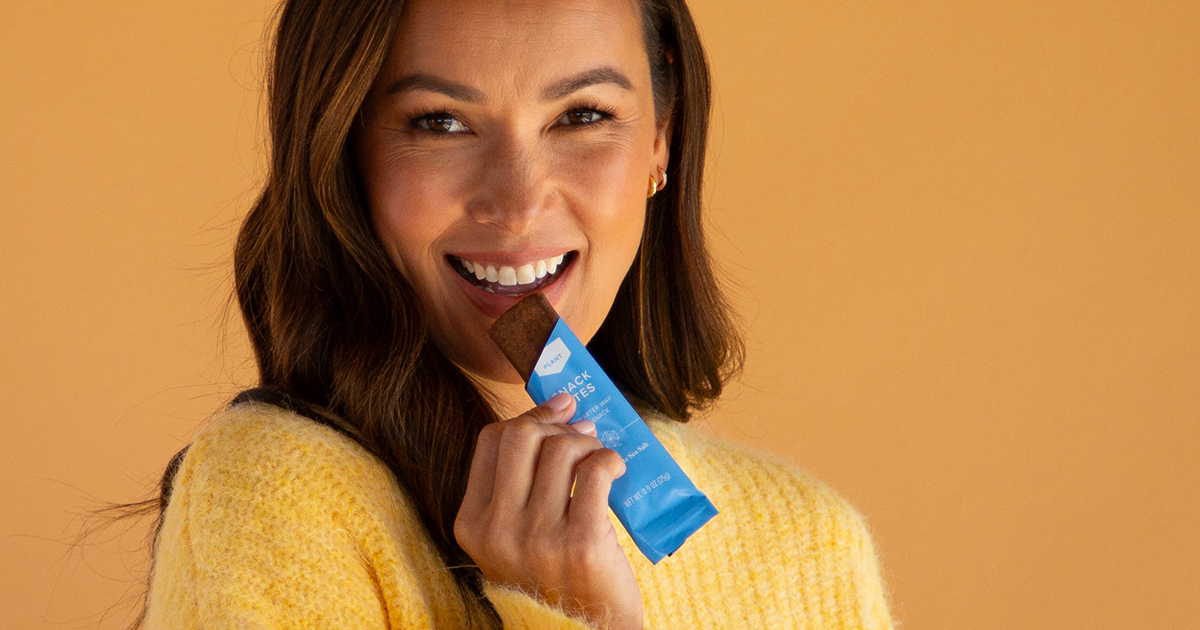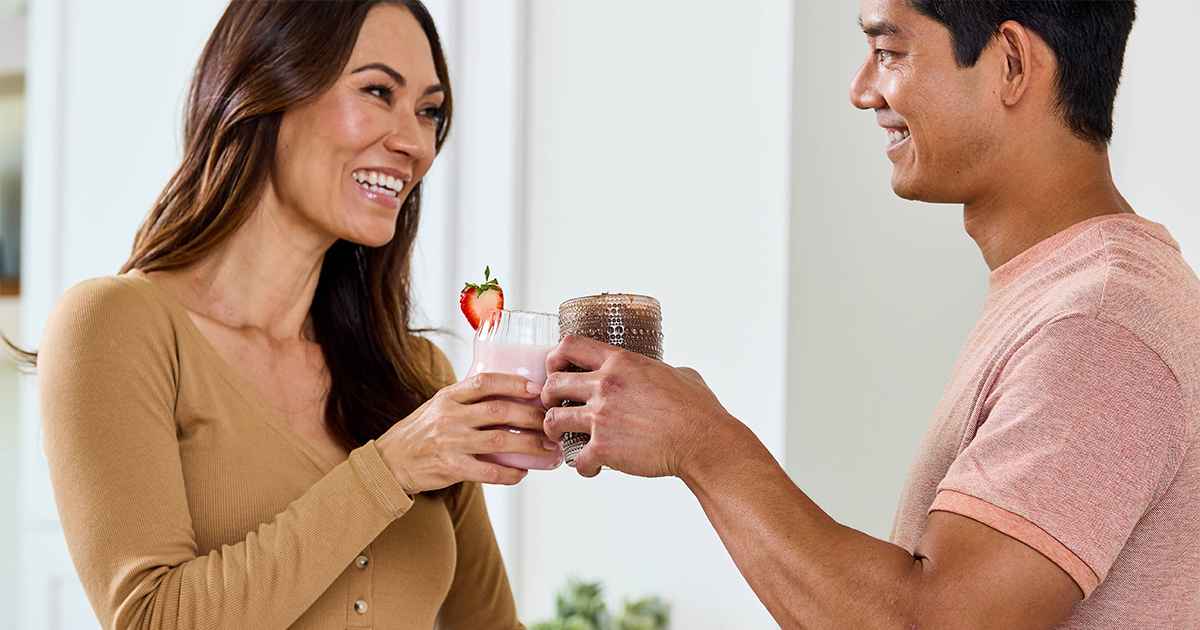The question of how much water your body needs to stay hydrated can be a bit tricky. Is it eight glasses a day? Half your body weight in ounces? These are easy rules to follow when trying to stay hydrated. But is there really a definitive answer to how much water is needed on a daily basis? Because we all have very different hydration needs that vary depending on our health, activity level, diet, and climate, there is no specific “one size fits all” recommendation.
However, one thing is certain, and that’s the fact that water is critical for each and every one of us. Water makes up 60 percent of our body weight, and can vary depending on size and gender (1). Hydration can come from water, food, or metabolic water production. Generally speaking, healthy adults should drink a minimum of 2 liters, or 8.5 cups, of water or fluid every day. However, that can vary greatly from person to person (1-4).
Differences in Optimal Intake
While considering optimal hydration there are a few factors to keep in mind. You must take into account the intensity of your fitness routine, the temperature outdoors, current health status, and, for the ladies, being pregnant or lactating (2-4).
Athletes who engage in vigorous activities have hydration requirements greater than those individuals who are sedentary by about one to three cups per day. Performing exercise for extended periods of time, especially over an hour, makes electrolytes (sodium and potassium) imperative to hydration. Replacing electrolytes that are lost through sweating helps avoid the condition of having too little sodium in your blood (2-4).
Similarly, living in warm weather with high temperatures or humidity causes greater fluid loss than that of individuals living in more temperate climates. For this reason additional fluids and electrolytes are recommended for people lucky enough to live where the sun always shines (2-4).
Fluid intake becomes even more variable if you are sick or are experiencing vomiting or diarrhea. Those who have chronic health conditions that prevent normal fluid release or abnormal fluid retention should discuss their hydration needs with a physician (2-4).
Lastly, pregnant or lactating women require more fluids for adequate hydration in the range of 10 to 14 additional cups per day. Putting their recommended daily fluid intake level to around 4.5 liters or 18 cups (2-4).
What Counts Toward Hydration
Optimal hydration can be reached through drinking various fluids and by eating water-dense foods.
Findings from a recent study from the Journal of the American College of Nutrition suggest that regardless of the fluids ingested, the body knows how to use them for optimal hydration (5). Researchers observed a group of healthy males, randomized to varying sources of hydration for 24 hours. They were randomized to either consume water, water and diet soda, water and regular soda, or water with regular soda, diet soda, and orange juice mixed. After testing the subjects’ urine for biological markers of hydration and dehydration, the scientists discovered that all of the men were adequately hydrated.
Coffee, despite some common beliefs, is also a good hydrator. While early research may have observed that coffee can induce urination in some people, later research confirmed that it does not in any way contribute to dehydration of any part of the body and it can be useful in providing hydration over the course of the day (1). Hydration through coffee, which is also positively associated with better mood and cognition, is a win-win in terms of both its hydrating and uplifting benefits (5-7).
Most recently, scientists have proposed milk and whey to be good sources of optimal hydration. In the Journal of Food and Nutrition Sciences, a study looked at the components of milk and whey proteins as an alternative source for hydration and rehydration after exercise. Due to the branched-chain amino acids, natural electrolytes, and longer feeling of satiety that whey-based foods offer, they are a superior source of hydration and rehydration (8). Whey-based protein recovery drinks and meal replacement shakes do count toward hydration and provide added satiety.
Hydration and Weight Loss
Hydration is paramount to health and wellness and can even contribute to weight gain or weight loss. It’s no secret that sugary beverages, laden with empty calories, could be one of the culprits leading to global obesity (9). However, sugar-free drinks like water, coffee, and tea have been linked to better weight-loss success. As described in the European Journal of Obesity, there are many beneficial effects of ample fluid intake on potential weight loss and weight maintenance, because the act of ingesting healthy fluids can help prevent the ingestion of excessive calories from foods (9). Also, proper hydration plays a role in counteracting overeating. Thirst can often be mistaken for hunger so food is eaten instead of drinking water or other fluid (1). A good idea is to first hydrate with a glass of water, a cup of coffee or tea, or any other sugar-free beverage before grabbing a snack.
Staying properly hydrated also plays a role in thermoregulation. A body that is properly hydrated burns more calories than a body that is dehydrated. Some water-containing fluids can help, too. Coffee is also rich in polyphenolic compounds and caffeine, which are linked to increased metabolism that provides the potential for greater calories burned (10).
Thinking Outside the Water Bottle
When determining personal water and fluid intake needed for optimal hydration, one of the best things to remember is to not become thirsty. Achieve this by drinking plenty of plain water, in addition to other healthy fluids like coffee, tea, electrolyte-enhanced beverages, and whey-based protein drinks. Eating plenty of water-dense fruits and vegetables, such as cucumbers, bell peppers, and watermelon, contribute to optimal hydration as well. Also be sure to add plenty of delicious and healthy drinks and water-dense produce to meals and snacks. Optimal hydration doesn’t have to mean chugging down jugs and jugs of water, but can be achieved with a variety of fluids and delicious foods.
References
- Lafontan M. Visscher TL. Lambert NF et al. Opportunities for intervention strategies for weight management: Global actions on fluid intake patterns. Euro J Obesity. 2014. 10.
- Hydration: Why it’s so important. American Academy of Family Physicians. http://familydoctor.org/familydoctor/en/prevention-wellness/food-nutrition/nutrients/hydration-why-its-so-important.html. Aug. 12. 2014.
- Sterns RH. Maintenance and replacement fluid therapy in adults. http://www.uptodate.com/home. 2014.
- Mayo Clinic Hydration Resource. September 5. 2014. Mayo Clinic Web Site.
- Tucker MA. Ganio MS. Adams JD et al. Hydration status over the 24-H is not affected by ingested beverage composition. J A Coll Nutri. 2014.
- Masento N. Golightly M. Field DT. Butler LT. Van Reekum CM. Effects of hydration status on cognitive performance and mood. Brit J of Nutri. 2014. 111 (10) 1841-1852.
- Lucas M. Mirzaei F. Okereke O et al. Coffee, caffeine, and risk of depression among women. Arch Intern Med. 2011. 26 (17): 1571-1578.
- Pegoretti C. Antunes AE. Gobatta F et al. Milk an alternative beverage for hydration. Food and Nutri Sci. 2015. 6. 547-554.
- Borys JM. Ruyter JC. Finch H et al. Hydration and obesity prevention. Euro J Obesity. 2014.
- Rustenbeck I. Lier-Glaubitz V. Willenborg M et al. Effect of chronic coffee consumption on weight gain and glycaemia in a mouse model of obesity and type 2 diabetes.Nutr Diabetes. 2014. 4:e123.

